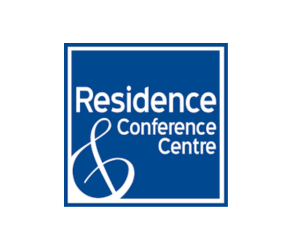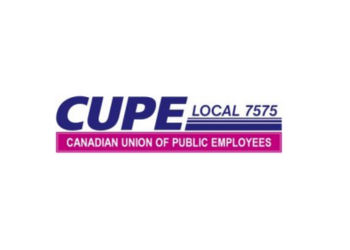Wellness Wednesday

<
When it comes to fluid intake, we’re often told to “drink eight (8) glasses of water a day” to ensure we stay hydrated throughout the day, but is staying hydrated that simple? How important IS hydration to your overall health? We take a deep dive into the importance of hydration, how your environment or activities can impact it and the importance of hydration when recovering from a virus. So, let’s get to it!
How important is hydration to your overall health?
Did you know water makes up about 60% of the human body? We need water to keep us going every day so that we can feel and perform at our very best. However, it’s a good idea to look at the effects of dehydration to help you understand why staying hydrated is so important.
Dehydration can occur when we lose more bodily fluids than we’re taking in. This can happen through bodily functions that cause the loss of fluids and electrolytes, such as:
- Diarrhea and vomiting. When diarrhea comes on suddenly and severely, this can cause a quick and higher loss of fluids and electrolytes.
- Sweating; You lose water when you sweat, so the more you sweat, the sooner you may become dehydrated.
Dehydration takes on a different level when you are sick because common symptoms such as fever, diarrhea, vomiting and loss of appetite, all can lead to dehydration. If you aren’t getting enough fluids, your body may have difficultly regulating its’ temperature. Even small fluid losses can contribute to increased body temperatures.
Proper hydration is needed for your body to keep up with important functions such as:
- Regulating body temperature
- Maintaining healthy skin and joints
- Digesting food
- Helping the brain function at its best
- Producing necessary bodily fluids, such as tears and saliva, and remove waste through sweat, urination, and stool.
- When sick with a virus, proper hydration can help the skin and mucous cell membrane act as a barrier to prevent bacteria from entering the body. It can also help decrease nasal irritation when coughing, sneezing and even just breathing.
So, how much fluids should you drink to stay hydrated?
Dietitians of Canada recommends women 19 years and older drink 9 cups of fluids (1 cup=250ml) and 12 cups for men 19 years and older. However, fluid needs will vary depending on age, gender, and level of physical activity.
Try drinking a glass of water:
- When you wake up
- Before each meal
- Before, during and after vigorous exercise for optimal performance and to replenish lost fluids
- One hour before bed to keep you hydrated while sleeping
Staying hydrated isn’t just about liquids
It’s also about electrolytes and carbohydrates! On any regular day, you could usually get enough electrolytes from what you eat. For instance, foods like fruits and vegetables that are high in water like lettuce, cucumbers or tomatoes, contribute to your daily fluid intake.
However, dehydration changes when you have a good workout or have picked up a virus. In these situations, you may need electrolytes, like sodium, potassium and chloride, to help the body maintain fluid balance and keep the cells in our bodies working properly. It is important to get the right balance of electrolytes, glucose and sodium to ensure proper rehydration.
You can do this in a number of ways:
- Try an oral rehydration solution such as Pedialyte, which contains electrolytes, sodium, potassium, and chloride
- Add a few extra shakes of salt to your food
- Eat some pretzels (salty ones!)
- Enjoy some potassium-rich foods like bananas, cantaloupe, avocados, sweet potatoes or spinach
When you are recovering from a virus, your first thought might be to grab a juice or sports drink to get back those lost electrolytes. It’s important to mention that a lot of these drinks have high sugar content.
Instead, the World Health Organization recommends an oral electrolyte solution like Pedialyte® for relieving mild to moderate dehydration† due to vomiting and diarrhea. Oral electrolyte solutions offer an optimal amount of electrolytes and sugar to help cells bring in water to replace what was lost because of the vomiting and diarrhea. If you are concerned about dehydration during an illness, CDHF always recommends consulting your health care professional.
How do I know if I am properly hydrated?
If you are like us, you may already know the steps you need to take to stay properly hydrated - but how do you know you are doing a good job? Since both fluid recommendations and symptoms of dehydration vary from person to person, it’s important to be able to measure hydration status beyond just what you drink.
A simple test is to evaluate the colour of your urine. Dark yellow to amber may indicate dehydration, while a pale yellow means you’re properly hydrated.
Picture: https://pixabay.com/photos/water-bottled-water-5533199/
You Tube: https://youtu.be/Se2CIDQ7Hco

























